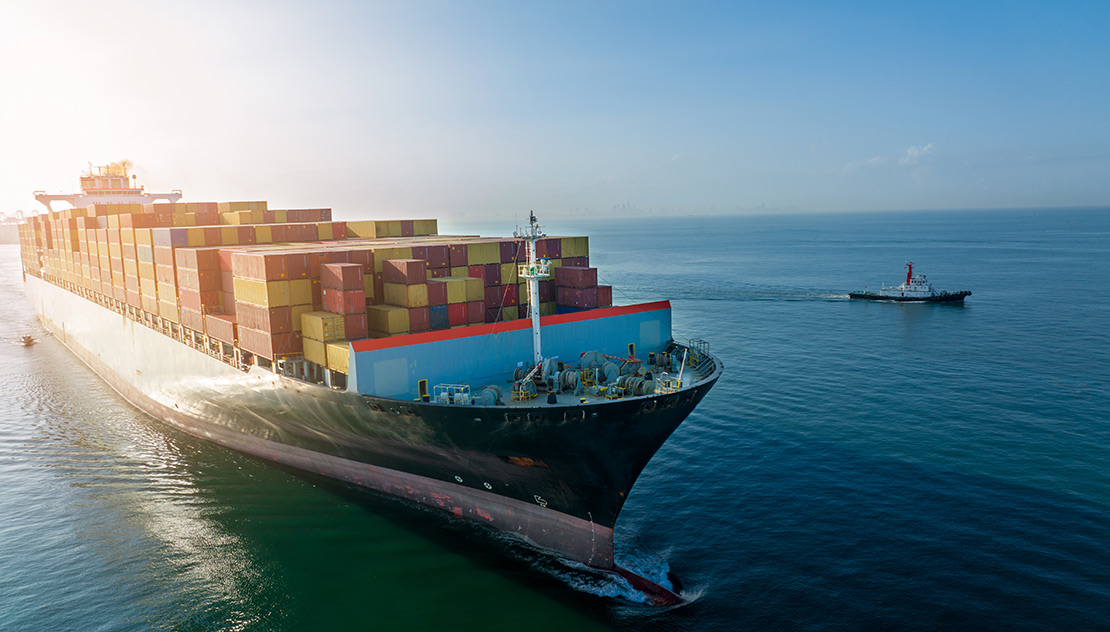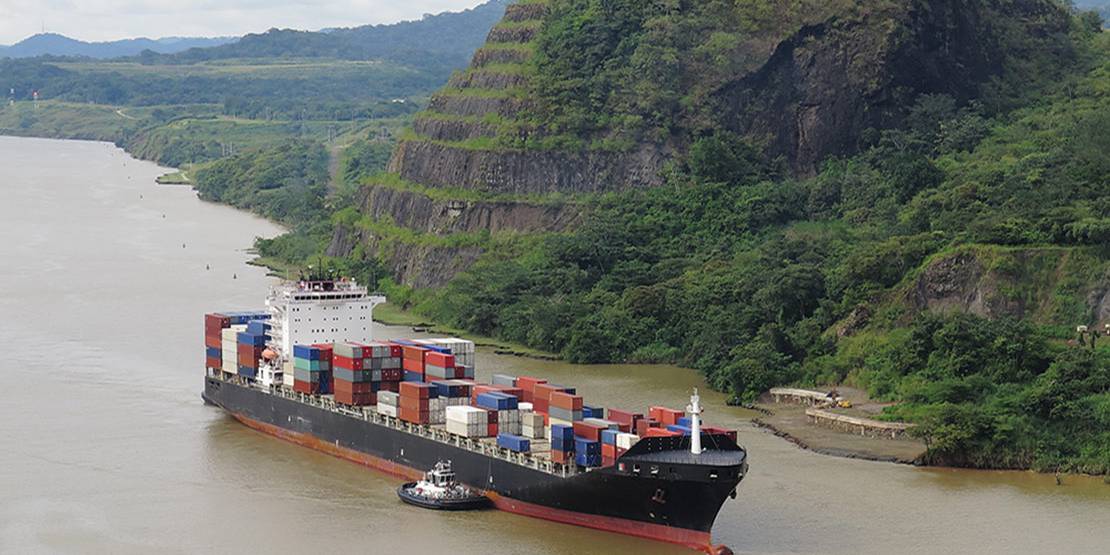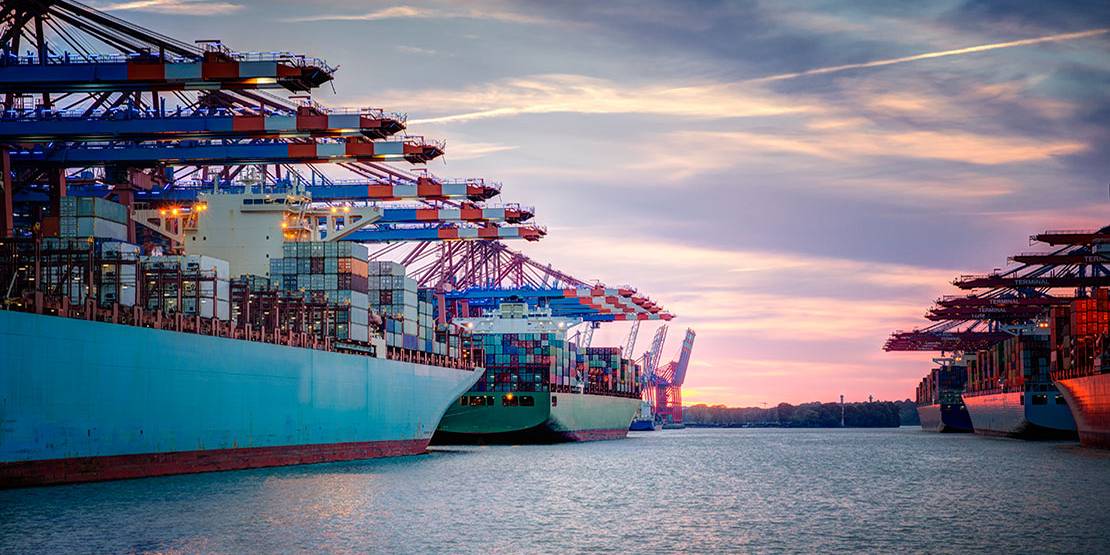Despite attempts by the US & UK governments to neutralise cargo ship attacks in the Red Sea, the situation remains unchanged and missile strikes have continued.
Maersk Line had two vessels attacked last week even though they were part of a convoy that was being escorted by the US warship USS Gravely. The Maersk Detroit and Maersk Chesapeake were forced to abandon the convoy and flee the area when Houthi militants targeted them with a barrage of missiles, which were intercepted by the US Navy.
More than 20 naval vessels are understood to be patrolling the Red Sea, but this has still not been a deterrent to Houthi rebels. The US and UK air strikes don’t appear to have dampened the rebels resolve either, with US President Biden admitting last week that they have not prevented attacks.
With the volatility of the Red Sea situation continuing, it is unlikely that carriers will be changing their voyages from the current Cape Of Good Hope route, which means Asia-Europe ocean freight could be subjected to delays, low capacity, and equipment shortages for some time.
Carriers are understood to be in the process of adding much needed capacity to the longer journeys, but it could be a few weeks before vessels are positioned and are able to make any difference. Therefore, we expect the capacity and equipment shortages to continue beyond Chinese New Year, which could result in ocean freight rates continuing to rise.
Westbound will continue to update the latest developments. In the meantime, should you have concerns about urgent shipments, or require further information, then please do not hesitate to contact a member of the team.
If you have any questions regarding the above, then Westbound are here to help. So, please do not hesitate to contact us.



